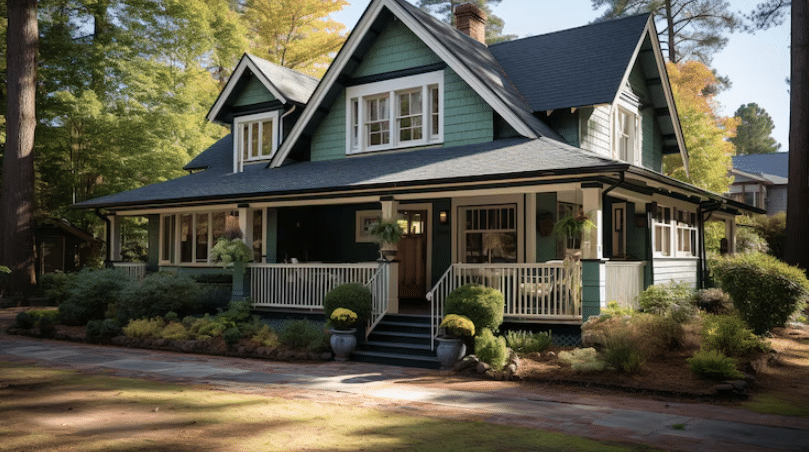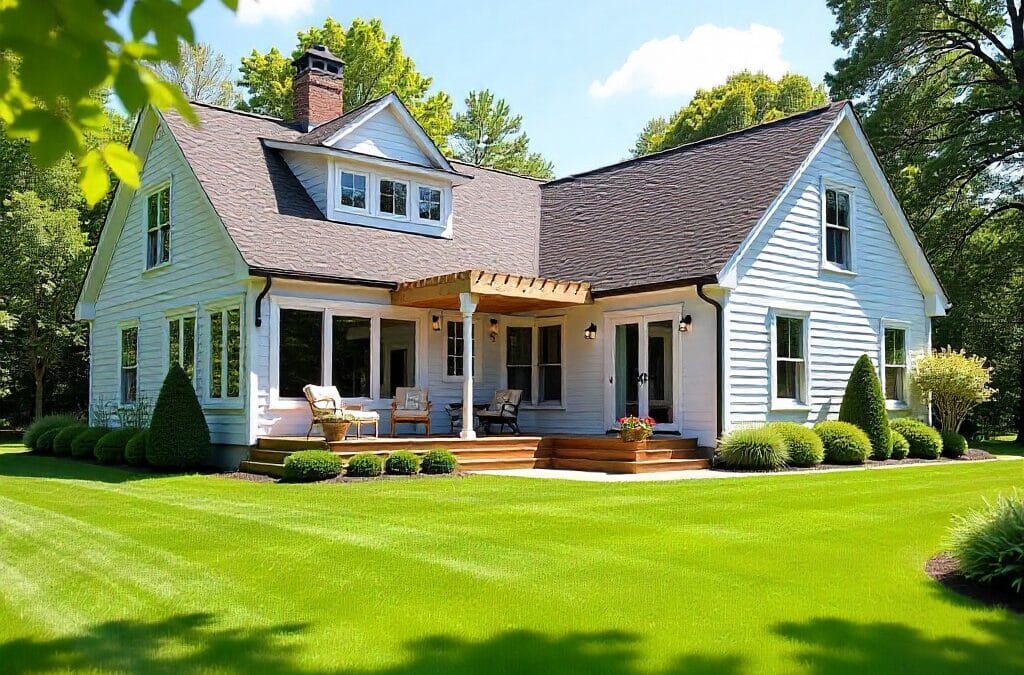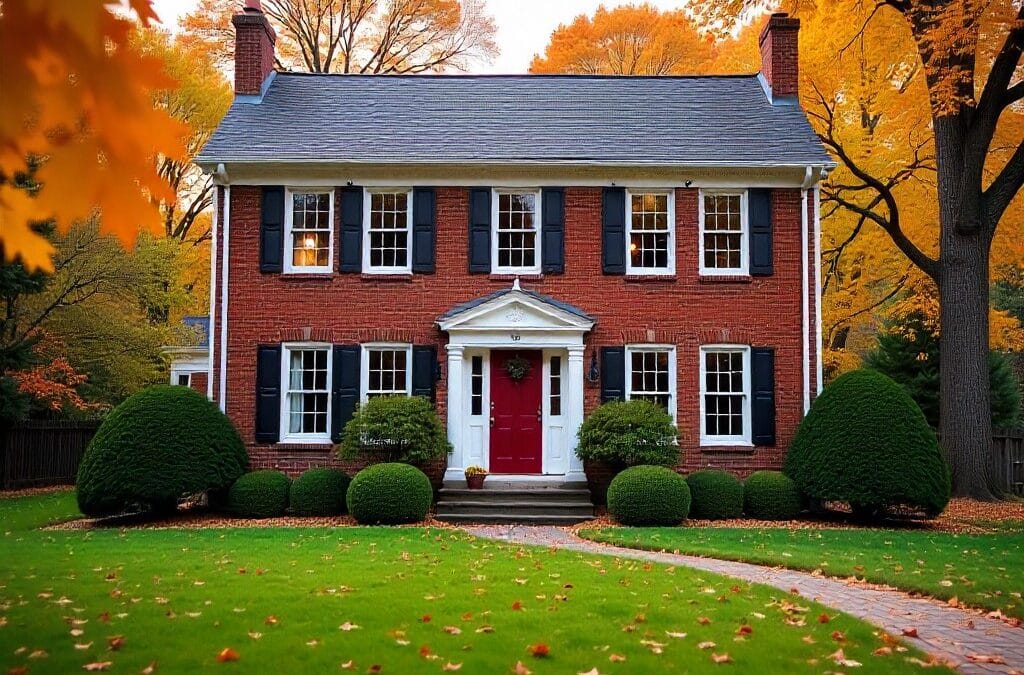Purpose: As both housing supply and buyer expectations shift dramatically across the Northeast, Rhode Island continues to stand out for its market resilience, livability, and investment potential. I’m Mark Tetreault II, and in this blog, I’ll walk you through why more informed buyers are narrowing their search to this small but high-impact state. From buying a home in Rhode Island to emerging trends in buyer behavior, this guide delivers a precise, data-driven breakdown of why this region is worth your attention.
Table of Contents:
- The Rhode Island Advantage: Beyond the Obvious
- Market Trends: What the Data Really Shows
- Buyer Behavior: “Is it still worth buying now?”
- Inventory Intelligence: Navigating Buying a home in Rhode Island
- Lifestyle Meets Livability: The X-Factors
- Long-Term Value: Stability in an Unstable Market
- Final Thoughts: My Advice as Your Real Estate Partner
- FAQs
The Rhode Island Advantage: Beyond the Obvious
When prospective clients ask, “What makes Rhode Island different from Connecticut or Massachusetts?” my answer is consistent: it’s not just the coastline. It’s the balance. You get big-city accessibility with small-town charm. Commutability to Boston and New York meets walkable communities and lifestyle-rich towns like Narragansett, East Greenwich, and Bristol. The state’s moderate size is a strategic asset: properties here enjoy stronger demand-per-listing ratios, tighter days-on-market cycles, and better price resilience than surrounding states.
Market Trends: What the Data Really Shows
While national housing headlines scream of volatility, Rhode Island is showing a different trajectory. According to the Rhode Island Association of Realtors (2024), median single-family home prices have risen 6.8% year-over-year—modest, but sustainable. Inventory is still tight, with a 2.1-month supply in most counties. Translation? If you’re serious about exploring homes for sale in Rhode Island, you should be ready to move quickly but strategically.
Buyers here aren’t just looking for space. They’re looking for value. And homes that combine community, convenience, and character tend to see multiple offers.
Buyer Behavior: “Is it still worth buying now?”
It’s a question I hear daily. And here’s the truth: Yes, but not everywhere. The key is understanding what constitutes real value. In Buying a Home in Rhode Island, it isn’t necessarily about square footage or new construction. It’s about location dynamics, school zones, property tax stability, and proximity to job corridors or amenities.
For example, one client recently purchased in South Kingstown, drawn by the strong public school system and proximity to URI. That same property had five competing offers, and it’s projected to appreciate 4.2% annually. These are the kinds of nuanced decisions that are shaping today’s smarter buyers.
The phrase buying a home in Rhode Island yields thousands of online results—but not all listings are created equal. As someone deeply embedded in the local markets, I don’t just track new inventory. I analyze why certain homes sit longer, how seasonal trends impact listing prices, and when off-market properties offer hidden gems.
What many buyers miss is this: Some of the best opportunities come from understanding seller psychology. A home listed in late Q3, for instance, often comes with more negotiability, especially in coastal areas winding down from the summer surge. Knowing when and where to act can save you tens of thousands.
Lifestyle Meets Livability: The X-Factors
Beyond economics, Buying a Home in Rhode Island has something I call “livability elasticity.” Whether you’re looking at Providence’s art and culinary scenes, Barrington’s top-rated schools, or Westerly’s coastal tranquility, the state adapts to your lifestyle phase. Empty nesters, remote tech workers, and growing families all find their fit here.
Clients often ask me, “Will I outgrow Rhode Island in five years?” My response: not if you buy intentionally. The key is choosing communities that evolve with your needs. This is where hyper-local insight beats Zillow algorithms every time.
Long-Term Value: Stability in an Unstable Market
Economic uncertainty has rattled national real estate confidence, but Rhode Island’s consistent demand and limited buildable land create a natural insulation. Even during market contractions, property values here tend to rebound faster. That’s not speculation—it’s supply science.
Consider this: From 2010 to 2020, Rhode Island saw less than 2% annual growth in new construction permits, yet demand continued climbing. The result is a high floor for depreciation risk. If you’re viewing buying a home in Rhode Island as a long-term hold or family legacy property, the fundamentals are strong.
Final Thoughts: My Advice as Your Real Estate Partner
Buying a Home in Rhode Island isn’t just about making a smart investment—it’s about buying with intention. With limited inventory and a fast-paced market, you need more than listings. You need local intelligence, experience, and someone who understands how this unique market moves.
As Mark Tetreault II, I don’t just help you find a house—I help you define what home should mean in buying a Home in Rhode Island.
FAQs
- What’s the average cost of a home in Rhode Island right now?
As of Q2 2025, the median home price is around $435,000, though this varies significantly by town and property type. - Is Rhode Island a good place for first-time buyers?
Yes. With strategic support and access to local programs, first-time buyers can find solid value in stable communities. - Are coastal homes overpriced?
Not necessarily. Coastal homes command a premium, but many still offer strong long-term value and year-round rental potential. - How competitive is the market in Rhode Island?
Certain areas like East Greenwich, Barrington, and Narragansett are highly competitive, with homes often receiving multiple offers within days. - Should I wait for prices to drop?
Waiting in Rhode Island’s market often means missing out. The state’s limited inventory and steady demand make significant price drops unlikely. - What makes working with you different?
My hyper-local expertise, strategic mindset, and client-first philosophy ensure you’re not just making a purchase—you’re making the right one.








